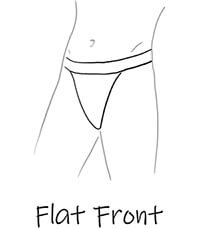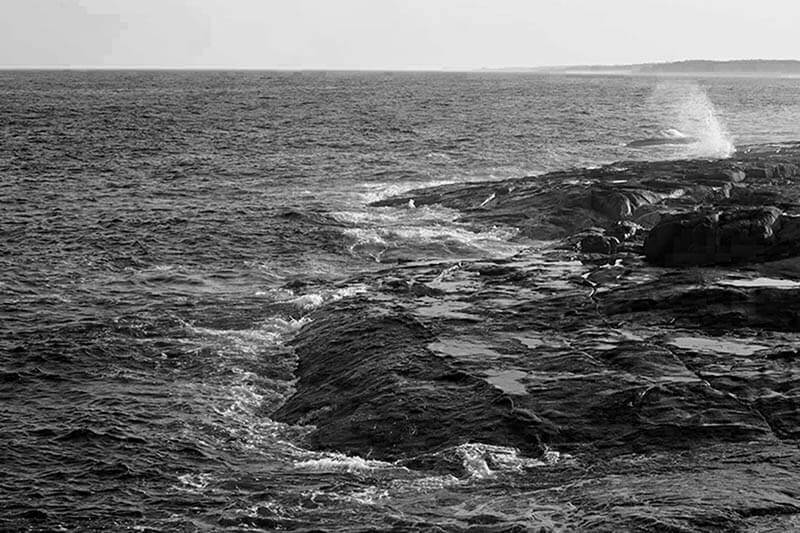The Bitter Truth
Let us start with some facts without sugar-coating the truth. According to the World Economic Forum, fashion is ‘an unsustainable industry’. Fast fashion, which promotes cheap and on-trend clothes sourced through global production chains and sold through chains, makes clothing more affordable, but it comes at a high environmental cost. At the same time, the industry produces 10% of all humanity’s carbon emissions and is the second-largest consumer of the world’s water supply.
Ecce Homo takes the environmental impact of its production process seriously, and we go to great lengths to reduce our environmental footprint throughout our product design and development, and worldwide distribution, while supporting our community, the LGBTIQ+ community of Europe, and our members, most of them proud members of the latter, through inclusive and fair labour practices.
We wholeheartedly believe that any endeavour, even an entrepreneurial one, must be intersectional in nature to be truly queer. We couldn’t identify as a queer company, if we weren’t environmentally conscious. Our goal is to help -with the limited means we have at our disposal- secure the maintenance and the flourishing of the ecosystem by increasing the value of local production and products, prolonging the lifecycle of materials used, and reducing the amount of waste, among others.







 Login
Login